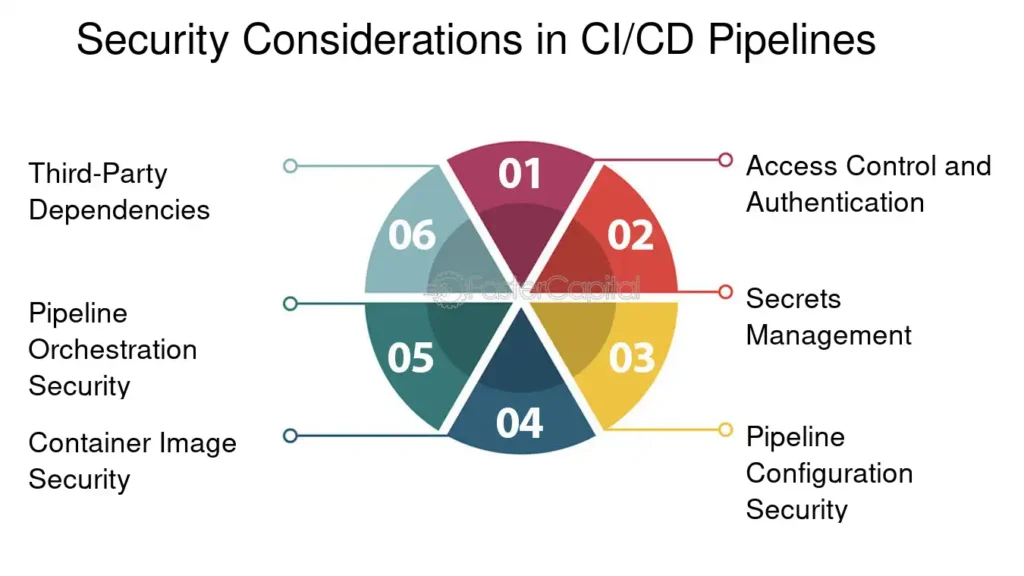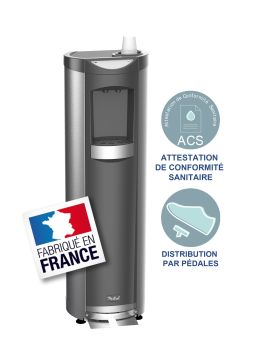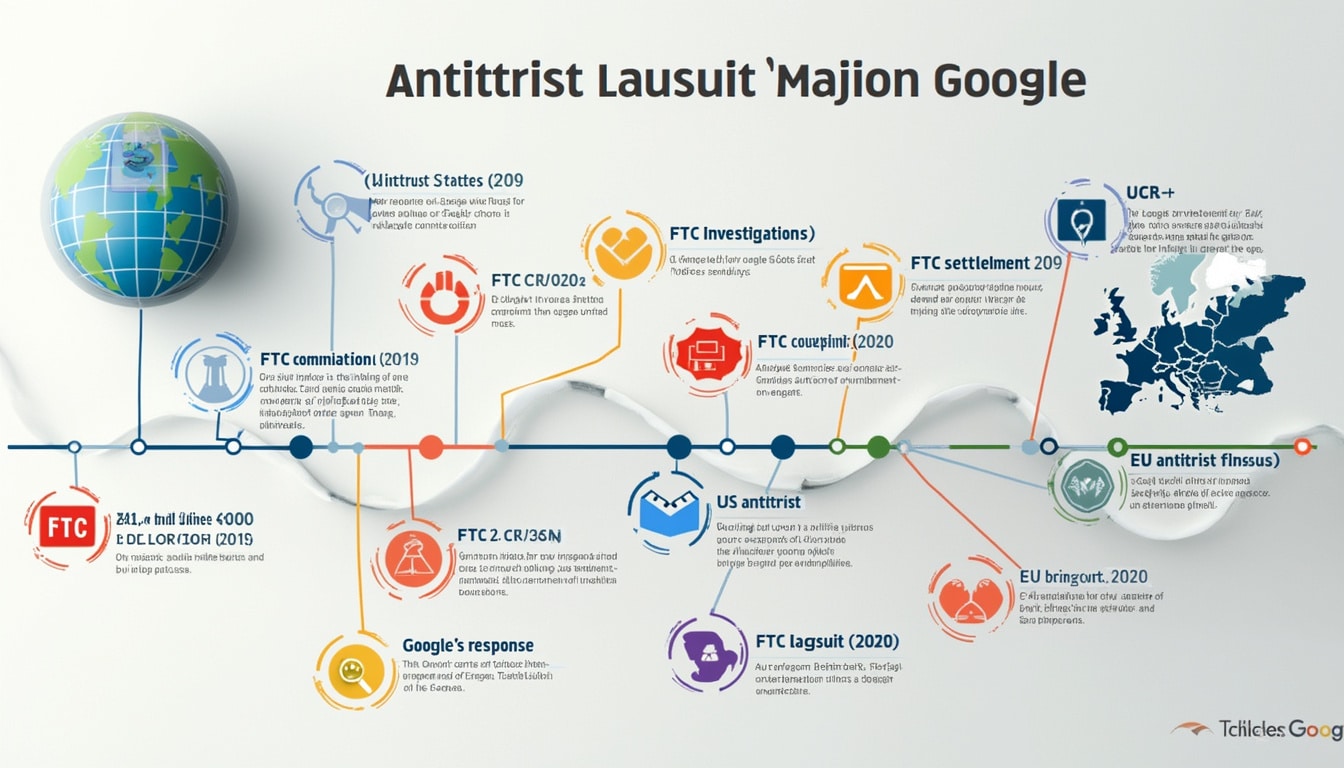In a universe where every interaction counts, marketing automation has become an essential lever for companies looking to enhance their efficiency. Imagine conducting your campaigns with the precision of a conductor, orchestrating every note to captivate your audience. Thanks to automation tools, it is now possible to set up repetitive tasks, such as sending targeted emails or managing your social media, while allowing your creativity to flow for the strategic aspects.
Marketing automation not only saves precious time but also improves the conversion rate by personalizing messages based on user behaviors. For example, a company can adapt its offers in real-time, ensuring it reaches the right customer at the right time. By intelligently planning your campaigns, you maximize your return on investment and maintain a constant connection with your clientele. The need for engagement persists, even during slow periods. Therefore, exploring all facets of automation becomes essential to optimize your marketing efforts and propel your results to new heights.

At the dawn of the digital age, marketing automation has become an essential asset for companies looking to enhance the effectiveness of their campaigns. This tool simplifies repetitive tasks, optimizes interactions with customers, and significantly increases the return on investment of marketing efforts. But what exactly is this innovation, and how can it transform your business initiatives? Let’s discover together the essential facets of campaign optimization through automation.
Table of Contents
ToggleUnderstanding Marketing Automation
Marketing automation involves using software to manage and execute predefined marketing tasks. This includes sending emails, posting on social media, segmenting audiences, and many other tasks. By centralizing these operations, companies can ensure a smooth and personalized user experience.
Automation tools also allow for the collection and analysis of valuable data on user behavior. This information optimally leverages marketing campaigns, resulting in a better understanding of customers and their needs.
By using automation, marketers can focus on more strategic tasks, such as creating engaging content or analyzing campaign results. Consequently, the time saved can be reallocated to innovation and creativity.
Key Benefits of Marketing Automation
The reasons to integrate marketing automation into your strategy are numerous. Firstly, it allows for a significant time savings. The repetitive automation of tasks such as sending follow-up emails or managing posts on social media frees up a valuable resource: your time. This allows marketing teams to focus on high-value activities, such as developing new strategies.
Additionally, automation improves the precision of campaigns. With its use, it becomes easy for companies to create personalized messages tailored to different segments of their clientele. For example, an automation tool can target potential customers based on their online behaviors, thus enhancing the effectiveness of use cases.
Another advantage lies in the optimization of resources. For instance, by automating the sending of promotional events during the summer, a company can maximize customer engagement while minimizing the necessary resources (source). Thus, even during a period when interaction with customers may decrease, automation maintains contact and interest.
How to Implement Marketing Automation?
To effectively integrate marketing automation into your campaigns, it is essential to follow several key steps. Firstly, an audit of your current marketing processes is crucial. This will allow you to determine which tasks can be automated, providing a clear vision of priorities.
Choosing the right tool is decisive. Various software, such as HubSpot or Mailchimp, allow for these automations to be carried out effortlessly (source). Furthermore, there are no-code options that make this implementation even easier, allowing users without coding skills to benefit from these technologies (source).
Once you have chosen your tool, it is crucial to personalize your campaigns. Performance is greatly enhanced when messages resonate with the interests and behaviors of recipients. This may involve creating unique content, email sequences based on the customer journey, or even using media kits tailored to various audience profiles.
A/B testing also plays a fundamental role in the optimization of your campaigns. By testing different versions of an email, a call to action, or an advertisement, you will be able to discover what works best for your audience. Automation tools allow for these tests to be conducted quickly and efficiently (source).
Finally, it is crucial to analyze the results of automated campaigns. Monitoring performance allows not only to identify the strengths and weaknesses of your initiatives but also to learn from data to continuously improve your future actions (source).

FAQ on Marketing Automation and Campaign Optimization
What is marketing automation? Marketing automation refers to the use of software to manage and execute pre-established marketing tasks and campaigns, ranging from sending emails to managing social media.
Why should I automate my marketing campaigns? Automating campaigns improves the efficiency of marketing actions, reduces time spent on repetitive tasks, and allows a focus on more strategic activities.
How can automation help me optimize my results? It helps you segment your audience, personalize messages according to user behavior, and test various elements of your campaigns, such as subject lines and content.
What automation tools can I use? Many tools are available on the market, such as HubSpot, Oracle, and Google Ads, which allow you to manage your campaigns in an integrated and effective way.
Is automation suitable for small businesses? Yes, marketing automation is particularly beneficial for small businesses as it helps maximize resources and optimize return on investment.
How can I measure the effectiveness of my automated campaigns? You can monitor key performance indicators (KPI) such as email open rates, click-through rates, and return on investment (ROI) to evaluate the impact of your campaigns.
Does marketing automation require technical skills? No, many automation tools are designed to be intuitive and accessible, even for those without advanced technical skills.
How can I integrate automation into my overall marketing strategy? It is essential to define clear objectives, analyze your audience, and choose the right tools to support your marketing initiatives while ensuring consistency in your messages.











